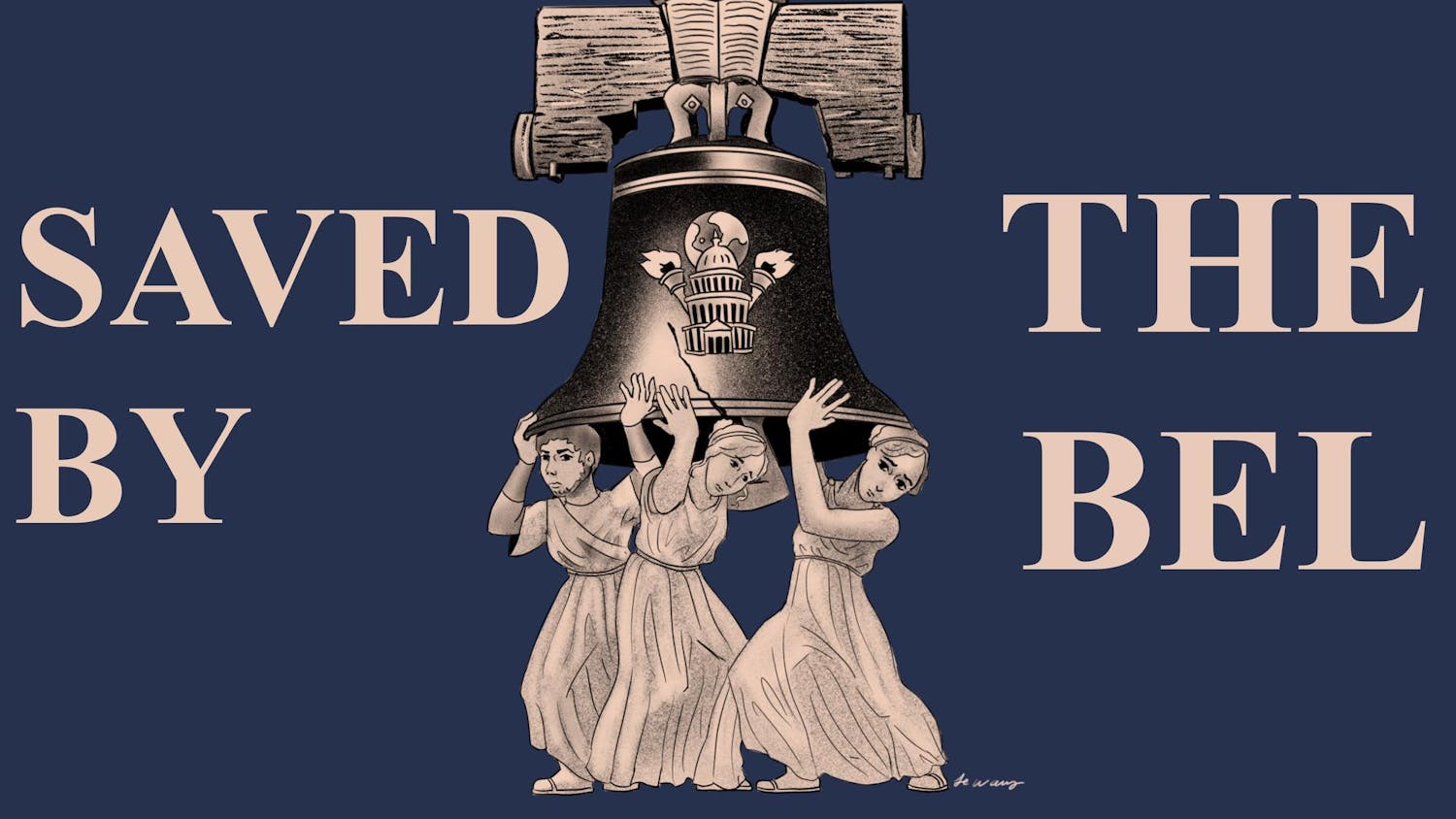We, as graduate students in Cornell’s Department of Music, condemn President Kotlikoff’s cancellation of Kehlani’s Slope Day performance.
We reject the selective singling out of certain artists as “political,” as though there were “apolitical” music that exists free of entanglements with the world at large. In our roles as music historians, ethnographers, composers, performers and pedagogues, we understand that all music is political. Any attempt to argue otherwise is, at best, historically misinformed, and at worst, an attempt at censorship.
This is not the first time Slope Day has faced controversy. In 2005, Snoop Dogg headlined Slope Day despite objections from some students who perceived his music to be misogynist. Instead of cancelling Snoop Dogg’s performance — as Harvard did only one month earlier — Slope Day proceeded as planned. Protests and panel discussions accompanied the performance, offering a platform for civil debate around music and its meanings — and the administration publicly declared the event to be a success. It is concerning that, rather than following this precedent, Cornell’s administration has decided to mandate what types of music are and are not permitted on our campus.
Cornell’s campus, both today and historically, is a musically rich and diverse space. We know this because we spend our days participating in, facilitating and documenting it. Kehlani’s performance would have been a valuable contribution to the history of both Slope Day and music at Cornell more generally, as demonstrated by the multiple pollings of the student body that led to her selection by the student-led Slope Day Programming Board. We are concerned by the decision to exclude musicians from Cornell’s repeatedly stated position that all speakers, regardless of political views, would be welcome on our campus when invited by faculty or students.
In the pages of The New York Times, President Kotlikoff recently celebrated Cornell’s commitment to open discourse, writing: “Democracies are not silent places, and neither are universities. They are vibrant, active and sometimes unruly; differences are aired, disagreements argued, voices raised.” As music scholars, we concur, and we understand that nothing is silent unless it is made so. The cancellation of Kehlani’s performance is an act of silencing that is opposed to Cornell’s core values and to which we — music performers, teachers, composers and researchers at Cornell — stand opposed.
The graduate students in the Department of Music at Cornell are a diverse body of scholars and practicing musicians. Degree programs are offered in music and sound studies, composition and (keyboard) performance practice.
The Cornell Daily Sun is interested in publishing a broad and diverse set of content from the Cornell and greater Ithaca community. We want to hear what you have to say about this topic or any of our pieces. Here are some guidelines on how to submit. And here’s our email: associate-editor@cornellsun.com.











